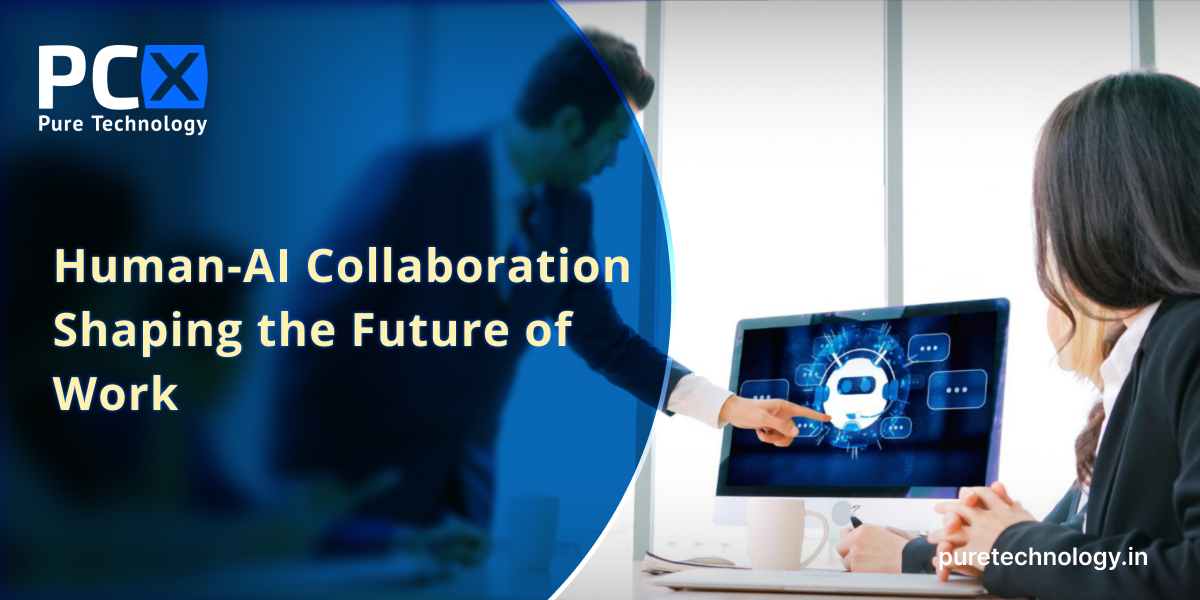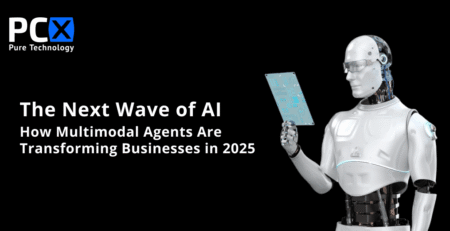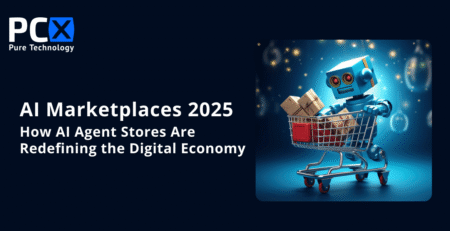Human-AI Collaboration: Shaping the Future of Work
Introduction
The rapid advancement of Artificial Intelligence (AI) is reshaping the workplace. Instead of replacing humans, AI is increasingly becoming a collaborative partner, augmenting human capabilities and driving innovation.
Human-AI collaboration is redefining productivity, enabling employees to focus on creative and strategic tasks while AI handles repetitive, data-intensive processes.
What is Human-AI Collaboration?
Human-AI collaboration refers to the partnership between humans and AI systems where intelligence, creativity, and decision-making are enhanced through AI assistance.
Key aspects include:
- AI-powered tools assisting in data analysis, coding, and customer service
- Decision support systems offering actionable insights
- Automation of repetitive tasks, freeing humans for high-value work
Why Human-AI Collaboration Matters
As technology evolves, workplaces face challenges like information overload, complex decision-making, and efficiency demands. Human-AI collaboration helps by:
- Boosting productivity through task automation
- Enhancing decision-making with AI-driven insights
- Encouraging innovation by freeing human creativity
- Reducing errors in data-intensive processes
By combining the strengths of humans and AI, organizations can achieve faster, smarter, and more reliable outcomes.
Key Strategies for Effective Human-AI Collaboration
- Identify Tasks Suitable for AI Assistance
Automate repetitive, high-volume, or data-heavy tasks while keeping humans in charge of strategy and creativity. - Implement AI-Powered Tools
Use AI tools for analytics, predictive modeling, natural language processing, and workflow optimization. - Foster a Collaborative Culture
Train employees to work alongside AI and encourage adoption by demonstrating clear benefits. - Maintain Ethical and Transparent AI Use
Ensure AI decisions are explainable and ethical, building trust among employees and stakeholders. - Continuously Evaluate and Improve AI Systems
Monitor AI performance and adjust algorithms to improve collaboration and outcomes.
Benefits of Human-AI Collaboration
- Enhanced Productivity: AI handles repetitive tasks, allowing humans to focus on higher-value work.
- Improved Decision-Making: Insights from AI augment human judgment.
- Innovation Acceleration: Human creativity combined with AI analysis drives new ideas.
- Better Employee Experience: Reduces workload stress and fosters skill development.
Challenges & How to Overcome Them
Challenges include resistance to AI adoption, lack of AI literacy, and potential ethical concerns. Organizations can overcome these by:
- Providing AI training programs to employees
- Building trust through transparent AI processes
- Creating clear policies for ethical AI use
Conclusion
Human-AI collaboration is not just a technological trend — it’s the future of work. By strategically integrating AI into workflows, organizations can enhance productivity, drive innovation, and empower employees.Adopting Human-AI collaboration today prepares businesses for a tech-driven, efficient, and innovative workplace of tomorrow.
Call us for a professional consultation












Leave a Reply